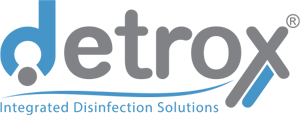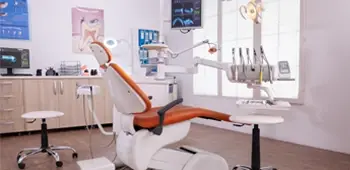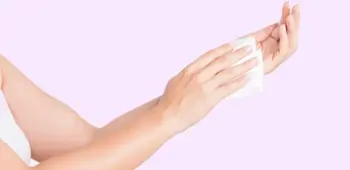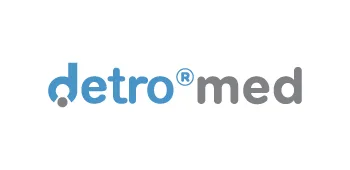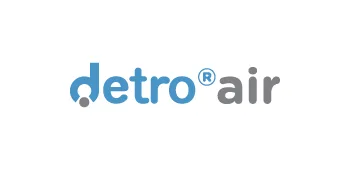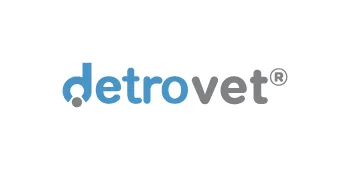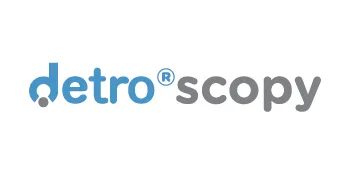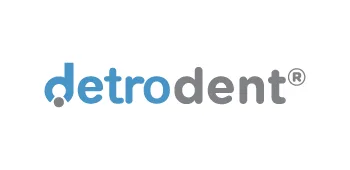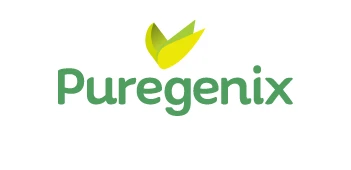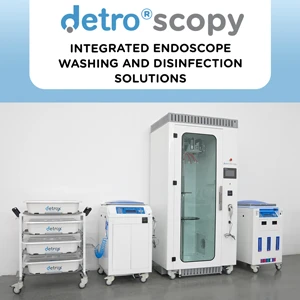Home Hygiene and Disinfection Guide for New Mothers
The arrival of a new baby is a source of great joy. However, this special period also requires careful care to ensure the mother’s physical and psychological recovery and to protect the baby’s health. Especially in the first weeks after birth, when the baby’s immune system is not yet fully developed, it is vital for the baby to be in a hygienic environment.
This guide provides detailed information on how to maintain hygiene and disinfection at home for new mothers, which areas require special attention, and baby-friendly hygiene methods.
Why is Hygiene More Important During the Postpartum Period?
Newborn babies are highly vulnerable to germs. Therefore, the risk of infection is high. Additionally, since the mother is also susceptible to infections during this period, maintaining home hygiene plays a critical role in the health of both the mother and the baby.
The following risks increase in environments where hygiene is not maintained:
- Upper respiratory tract infections
- Gastrointestinal infections
- Umbilical cord infection
- Urinary tract infection
- Postpartum wound infection in the mother following a caesarean or normal delivery
Which areas should be prioritised at home?
After childbirth, the frequency of cleaning and disinfection in the home should be increased, with particular attention to the following areas:
a) Baby’s Room
- Surfaces should be cleaned daily to remove dust and dirt.
- For disinfection, alcohol-based or ammonia-free products that are safe for baby health should be preferred.
- Toys should be cleaned several times a week, and pacifiers should be cleaned after each use with appropriate products.
b) Diaper Changing Areas
- They should be wiped down and disinfected after each use.
- The changing mat used during nappy changes should be washed frequently or replaced if disposable.
c) Breastfeeding Area and Chairs
- Chairs and cushions that come into contact with the mother should be cleaned regularly.
- Items frequently touched, such as chair arms, remote controls, and telephones, should not be overlooked.
d) Bathroom and Toilets
- Bathroom and toilet hygiene must not be neglected, especially since the mother’s stitched area is at risk of infection.
- Cleaning products used should not leave residues on surfaces and should be rinsed thoroughly.
Which Products Should Be Preferred?
Certain criteria should be considered when selecting products for cleaning and disinfection at home:
- Biocidal-licensed products should be preferred,
- They should not cause irritation upon skin contact,
- Products free from perfume, dyes, and heavy chemicals are safer for baby health,
- Alcohol-based wipes that do not leave a residue on surfaces and do not require rinsing offer practical solutions.
For example, alcohol-based wipes containing 70% IPA are effective for surface cleaning and disinfection after changing diapers, providing quick drying and effective microbial cleaning to create a safe environment.
Hand Hygiene: The Responsibility of Mothers and Visitors
Hand hygiene is one of the most important precautions for new mothers. Hands must be washed or hand sanitiser used before every baby contact, after changing nappies, or before preparing food.
Additionally, for visitors to the home:
- Remove their shoes,
- Disinfect their hands,
- Ensure proper hygiene before direct contact with the baby
should be politely reminded.
Are Natural Cleaning Products Always Safe?
Although interest in natural cleaning products has increased in recent years, their microbial efficacy levels may be low. Natural ingredients do not always guarantee effectiveness. Therefore, in homes with newborn babies, both effective and safe, licensed products should be preferred.
Precautions Against Airborne Germs: Room Ventilation
- The baby’s room and other living areas should be ventilated at least twice a day.
- If the outdoor environment is suitable, even briefly opening windows can improve indoor air quality.
- If an air conditioner is used, its filters should be cleaned and disinfected regularly.
Laundry and Baby Product Hygiene
- Baby clothes and the mother’s underwear should be washed at a temperature between 40-60°C.
- Avoid using harsh chemicals like bleach and opt for baby detergents or hypoallergenic products.
- Toys and pacifiers that go into the mouth can be sterilised in a steriliser or disinfected with boiling water.
Hygiene is Your Baby’s First Line of Defence
The postnatal period is a special time when not only the mother’s but the entire family’s lifestyle changes. Small precautions taken during this period can prevent major health problems. Conscious choices regarding cleanliness and disinfection can support the mother’s recovery process and ensure the healthy development of babies.
Remember, hygiene at home is not just about surface cleaning; it is also about creating a safe environment filled with love and care.


